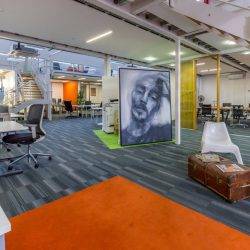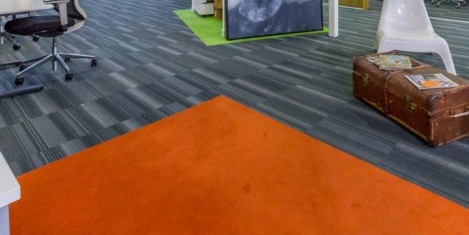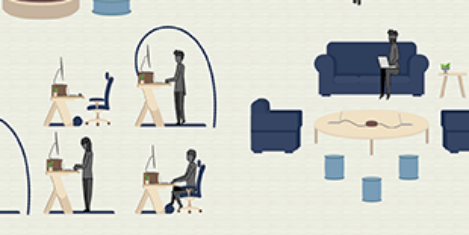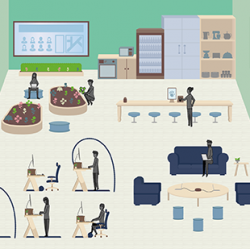February 27, 2017
London commercial property market letting down its small businesses 0
 Small businesses are poorly served by London’s current commercial property market, claims a new report from the think tank Future of London. The Workspace That Works report calls for local government, developers and landlords to address the threats this poses to the capital’s economy. The report claims that SMEs make up 99 per cent of all businesses and 41 per cent of employment in the capital, in line with the rest of the UK, but London faces a number of unique structural challenges such as the growing number of offices being converted to residential use, high rents and a general lack of suitable development sites. The report highlights the growth of shared spaces as a key factor in providing dedicated space for niche firms with significantly reduced costs for small businesses and start-ups.
Small businesses are poorly served by London’s current commercial property market, claims a new report from the think tank Future of London. The Workspace That Works report calls for local government, developers and landlords to address the threats this poses to the capital’s economy. The report claims that SMEs make up 99 per cent of all businesses and 41 per cent of employment in the capital, in line with the rest of the UK, but London faces a number of unique structural challenges such as the growing number of offices being converted to residential use, high rents and a general lack of suitable development sites. The report highlights the growth of shared spaces as a key factor in providing dedicated space for niche firms with significantly reduced costs for small businesses and start-ups.











 Employees would like more freedom and flexibility at work with over half believing that the structure and culture of their workplaces are holding them back from doing their job more effectively (55 percent and 53 percent respectively). That’s according to new research from ILM, which has launched a new
Employees would like more freedom and flexibility at work with over half believing that the structure and culture of their workplaces are holding them back from doing their job more effectively (55 percent and 53 percent respectively). That’s according to new research from ILM, which has launched a new 




















February 10, 2017
Reflections on the future of work from a mirrored room 0
by Neil Usher • Comment, Facilities management, Technology, Workplace design
(more…)